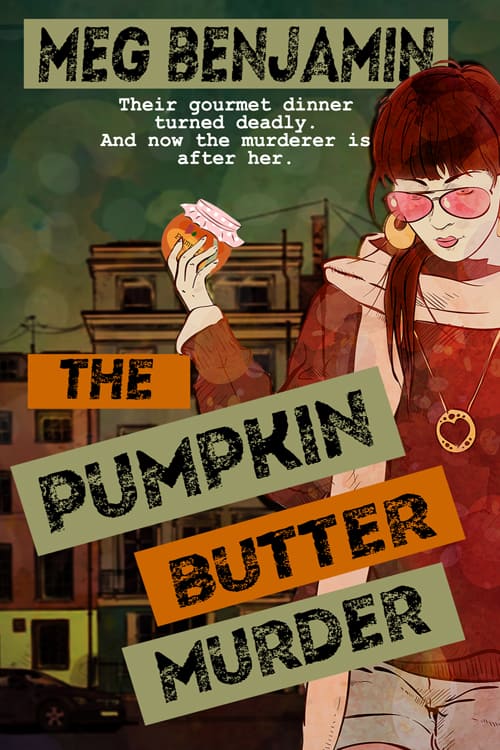Planners and “Pantsers”
By now, most people who read writing blogs and attend writing workshops have heard about the split between planners and pantsers. Planners are, obviously, writers who like to plan out their work before they write. Pantsers are writers who like to work by the seat of their pants, making things up as they go along.
Many of the articles about this opposition are written by pantsers, and sometimes they sound a little, well, defensive. Pantsers claim that they work this way because they have to. They’ve tried planning and it doesn’t work for them. Let me go on record here as saying that’s fine with me. I know some pantsers and I believe them when they say they have to work the way they work. But I’d say in response that I have to work the way I work, too.
The problem with this planners vs. pantsers opposition is that planners sometimes get hit with the charge that they don’t experience “inspiration” when they write. That somehow planning everything out in advance takes all the zing out of their writing, leaving them with something pedestrian and dull. I think perhaps pantsers feel this way because when they tried to plan, that’s what happened to them.
Now leaving aside for a moment the point that a lot of great writers were planners, based on the notes they left behind, this seems to me to miss the main point: inspiration can happen at any point in the writing process. Some people have it when they’re thinking about the story, some people have it when they’re outlining the plot, and some people have it when they actually sit down and start writing. And inspiration can hit you more than once, so that even though you’ve planned where you’re going, you end up taking some delightful detours. The idea that you can only be inspired if your muse whispers to you while you work on that paragraph is not only incorrect, it’s dangerous.
In my experience, people who wait for inspiration are asking for disaster. Sometimes it happens, but frequently it doesn’t. And if you’re sitting there waiting for your muse to speak to you, you may well find she’s gone on an extended trip to Outer Mongolia. My pantser friends claim that once they have the basic idea, the writing always comes, and in their case that may well be true. They’ve got a process that works for them. However, for those just starting out, I’d argue that you need to try a variety of processes before you decide that you’ve found The Way.
Although I’m fundamentally a planner now, I’ve tried doing my stuff in other ways. The first couple of books I wrote, back when I was first trying the “I want to write fiction” thing, I did as a pantser. I’d begin each day’s writing by asking myself “What happens next?” and then I’d write whatever I came up with. After a while, though, I found that process nerve-wracking. I kept wondering what would happen if I couldn’t think of any “next.” Or if the “next” I came up with was really lame. Or if a “next” led me in a direction where, I discovered later, I really didn’t want to go. Going back and starting again might be like ripping out knitting when you miss a stitch, only I was afraid once I ripped it out, I wouldn’t be able to get started again and I’d end up with nothing but a pile of used yarn.
Planning took that pressure off me, or rather it put it in another place. Now I get all the “what happens next” out of the way at once. It’s not a whole lot of fun, and it involves a lot of different charts, but when I finish I’ve got the skeleton of the book worked out. Then after that, all I have to do is check back to my plotting charts when I’m ready to write and go from there. My inspiration, such as it is, comes when I’m actually writing the book and centers around the way people talk to each other rather than the way the plot works.
My point here isn’t to argue that planning it the “best” way to do your project. My point is that we planners aren’t necessarily unimaginative grinds. We write the way we write because it works for us. And that’s what everybody should be trying to find—what works.
Posted in Blog • Tags: On Writing, pantsers, planning, prewriting, writing | Be The First To Reply!






